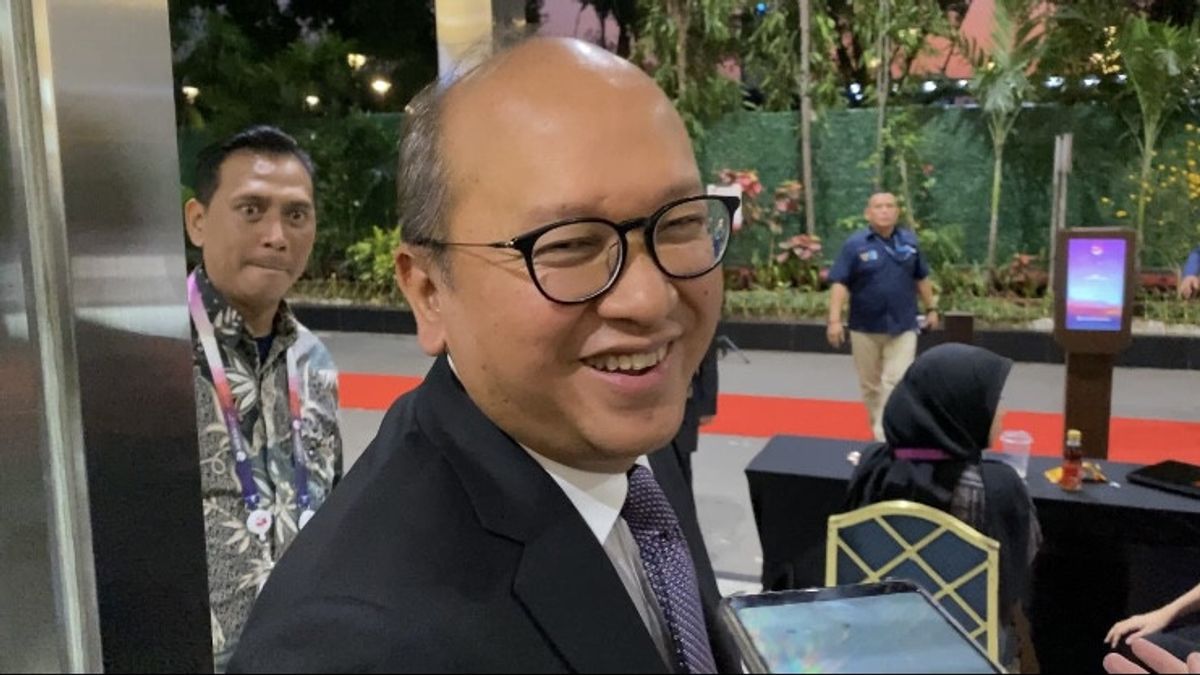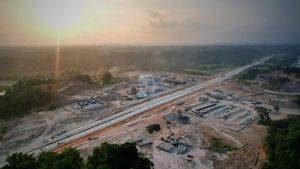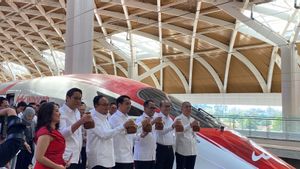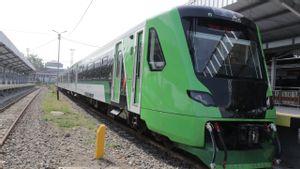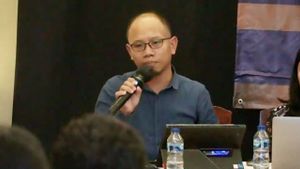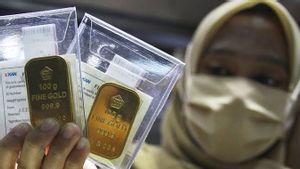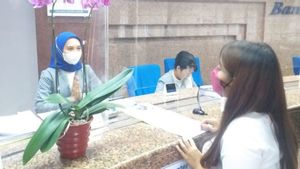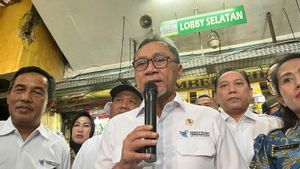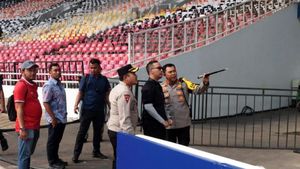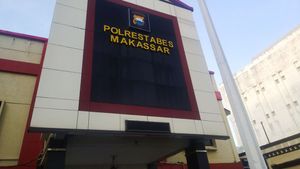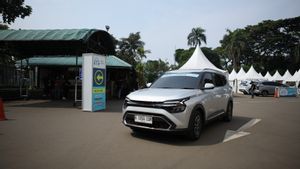Deputy Minister of State-Owned Enterprises (BUMN) Rosan Roeslani spoke up regarding Indef senior economist Faisal Basri's statement that the Jakarta-Bandung high-speed rail project could only return 139 years of capital.
Rosan said the Jakarta-Bandung high-speed train was the first train in Indonesia. Therefore, he said, the impact of the presence of this transportation must be seen thoroughly from economy to technology transfer.
This is the first fast train in Indonesia and in Southeast AsiaZ We develop this fast train to other cities, for example Surabaya. Make sure there is a learning process. The plan is also technology transfer, so we'll see this as a whole," said Rosan, at KCIC Halim Station, Jakarta, Tuesday, October 17.
"Let's not look at this, oh in terms of ticket prices, this must also be seen in terms of technology transfer, to MSMEs, the impact on economic, social, cultural turnover, which is increasingly having an impact," he continued.
According to Rosan, the presence of this high-speed train also had a significant impact. He said, this project also has other sources of income apart from selling fast train tickets. Therefore, he said the impact of this project must be seen from various sides.
"It's just a matter of ticketing, see what's there? There are tenants, there are sponsors, there are naming rights, so if you look at it only from the ticket, it might be different, calculations, but there are a lot of them," he said.
"There is a vendor, there are many parties related to this, so don't look at it from just one eye, but we can see a bigger one," he said.
Previously, senior economist Indef Faisal Basri said based on his calculations on the capital return of the Jakarta-Bandung high-speed rail project. If the train is 100 percent filled in one series, there are 601 passengers who ride from 05.00 to 22.00, then there will be 36 trips.
Other components rate one road Rp300,000 and dreg operate throughout the year, namely 365 days. Then, the investment value after the cost overrun becomes US$8 billion or around Rp114 trillion assuming an exchange rate of Rp14,300 per US dollar.
اقرأ أيضا:
If the seating is full of 601 people, multiplied by a total travel of 36 times 365 days and multiplied by a tariff of Rp300,000, it will take time for this project to return the capital to 48.3 years.
Meanwhile, if 75 percent is filled, then this project will only be able to return the capital for 64 years. Meanwhile, if in one day there are only 30 trips, then only 77.3 years will be returned.
In fact, said Faisal, if the tariff is lowered at IDR 250,000 for one trip because it does not sell, then this project will only be able to return 92.7 years of capital.
He said, if the passenger occupancy rate is only 50 percent with 30 trips and the ticket price is priced at IDR 250,000, it will take 139 years to return the capital.
The English, Chinese, Japanese, Arabic, and French versions are automatically generated by the AI. So there may still be inaccuracies in translating, please always see Indonesian as our main language. (system supported by DigitalSiber.id)
